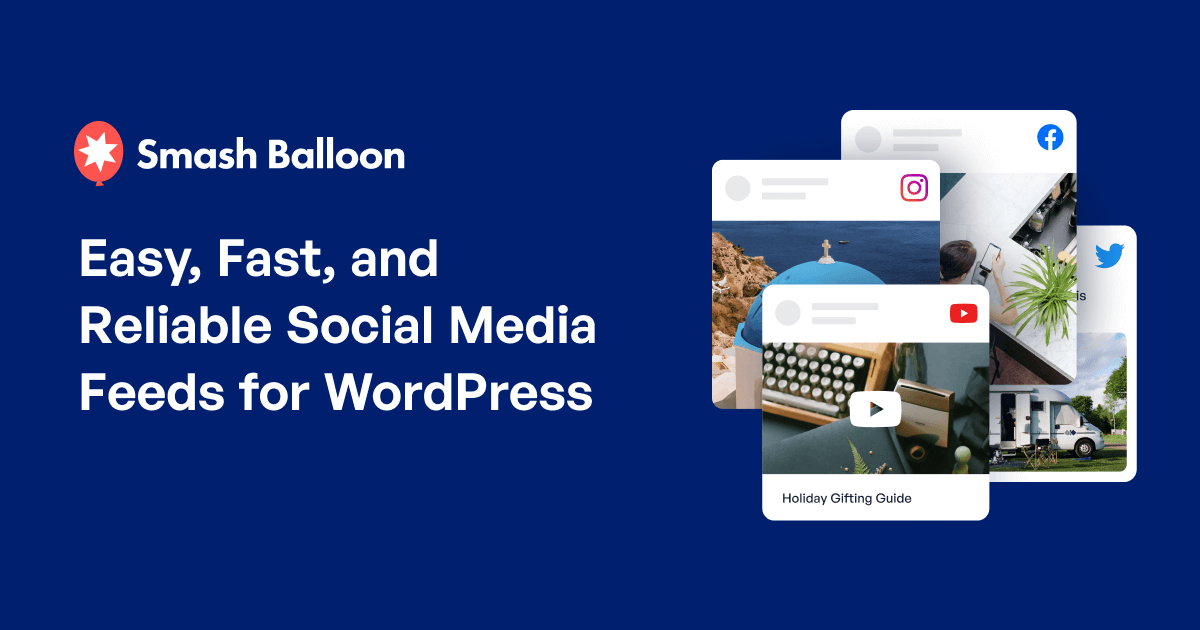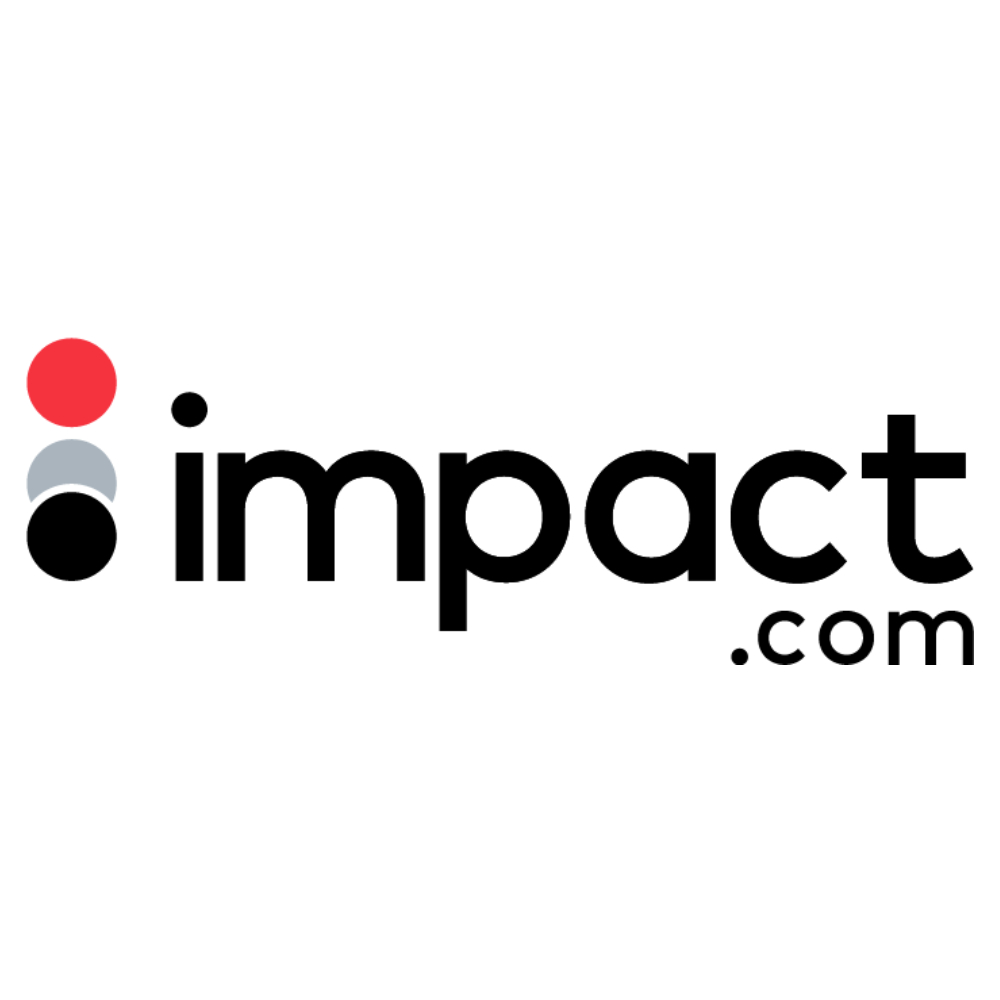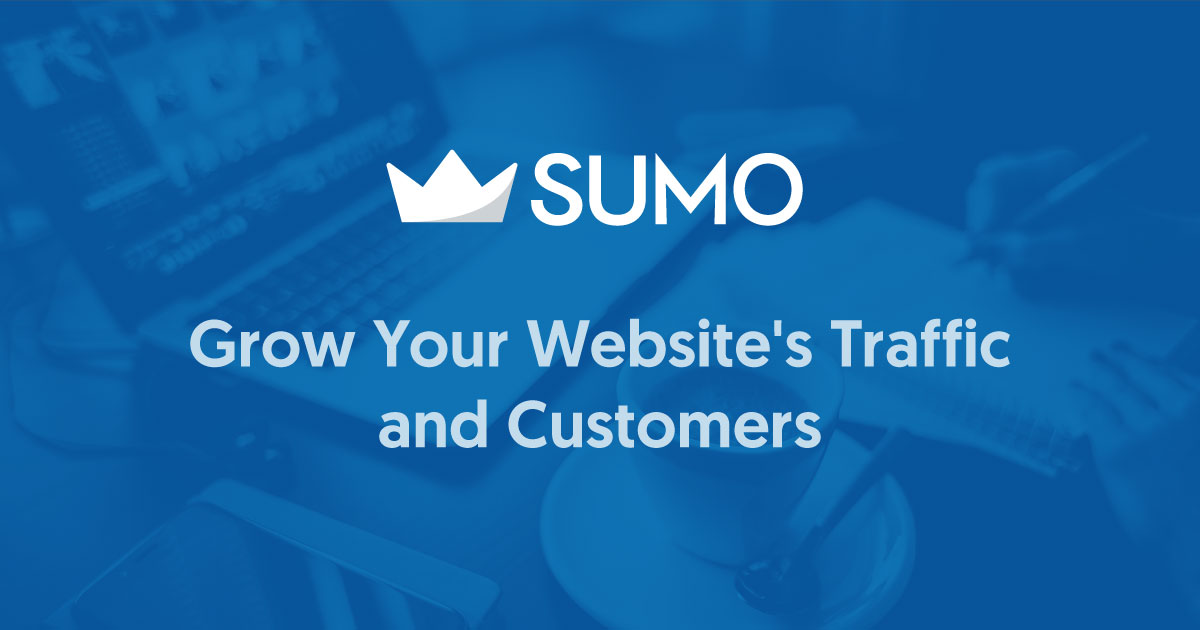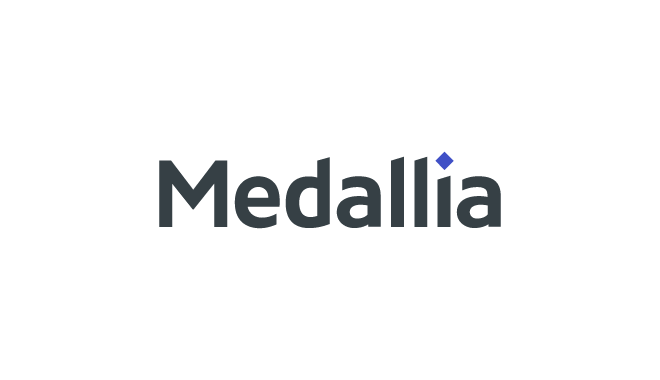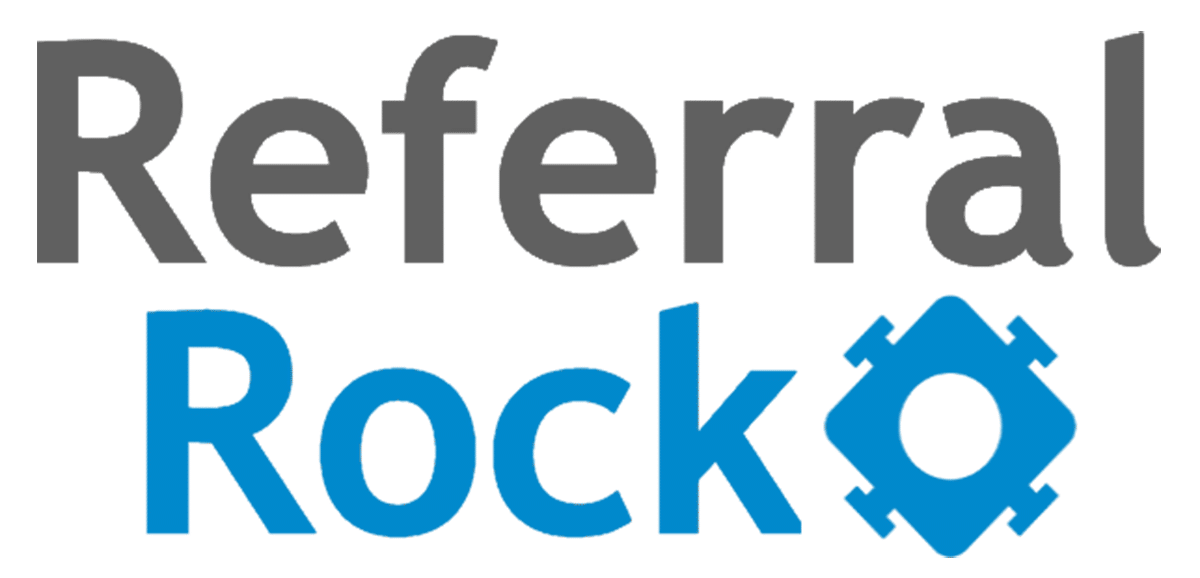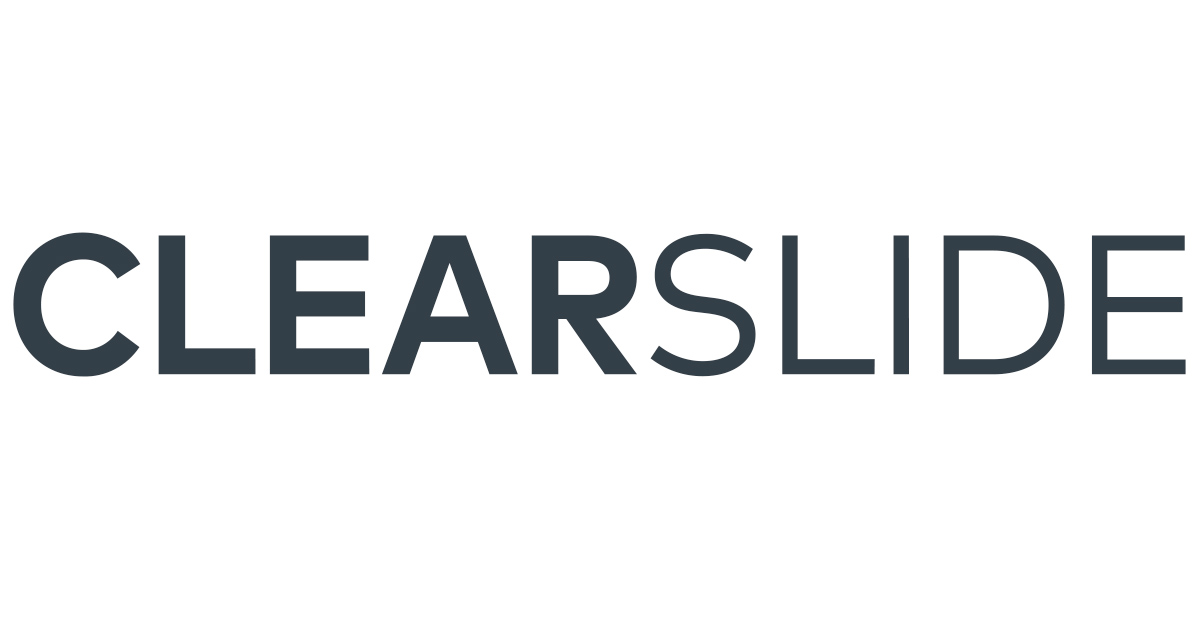Introduction
Partner and channel management has become increasingly crucial for growing businesses. Whether you rely on affiliates, resellers, agencies or a combination, streamlining processes and empowering your network is key to maximizing sales impact. However, with so many channel management platforms on the market, deciding which one is best can feel overwhelming. In this guide, we analyze and compare 15 top solutions based on critical factors like support, reporting, integrations and pricing to help you identify the ideal fit.
Methods of Evaluation
To objectively evaluate each software, we considered traditional factors like features, pricing, ease of use and customer reviews. However, we also integrated modern signals like number of backlinks, average traffic and keyword search trends. These provide useful signals about market presence, thought leadership and ability to support channel partners over the long run. The platforms are ranked and broken down based on strengths suited for different business needs like lead generation focus or enterprise-scale networks.
1. Awin
Awin is a global affiliate marketing network that allows businesses to promote products and services through third-party publishers. Founded in 2000, Awin operates across 18 offices worldwide and provides solutions to over 50,000 advertisers and media partners. Its platform is widely used for performance marketing campaigns across many industries including retail, travel, and financial services.
Pros: Some key advantages of using Awin’s affiliate marketing platform include:
– Global network and marketplace – Access publishers and perform campaigns across borders
– White-label solutions available – Brand the affiliate program under your own business name
– Automated payment processing – Commission payments are handled automatically based on agreed terms
Cons: One potential disadvantage is that as a large global network, campaigns may get less personalized support compared to smaller niche networks
Pricing: Awin offers flexible pricing plans including subscription-based solutions starting from $99/month based on annual spend and campaign requirements. They also provide custom enterprise plans for large advertisers.
Some key stats about Awin include:
– Over 50,000 advertisers and publishers on its network globally
– Tracks over 4 billion clicks and 250 million conversions annually
– Operates in 18 offices worldwide across Europe, Asia-Pacific, North America and Latin America
2. Admitad
Admitad is an affiliate marketing platform that acts as an online marketplace connecting publishers and advertisers. Founded in 2008 and headquartered in Moscow, Russia, Admitad allows publishers to monetize their traffic through contextual links and advertisements. Advertisers utilize Admitad’s platform to run affiliate marketing campaigns and gain access to publishers’ audiences. With global reach and strong local payment processing capabilities, Admitad offers opportunities for long-term partnership and business development.
Pros: Key advantages of using Admitad include:
– Global affiliate network with strong international reach
– Advanced link and device-level tracking across all major devices and platforms
– Localized payment processing and payout options worldwide
– Detailed reporting and analytics for campaign performance
Cons: One potential disadvantage is that the platform is primarily focused on contextual links and advertising affiliates as opposed to more advanced marketing capabilities like email and retargeting.
Pricing: Admitad offers several pricing plans tailored for publishers and advertisers. For publishers, commissions are determined based on a revenue share model. Advertisers pay a monthly or annual subscription fee along with commission rates that vary based on campaign metrics and performance.
Some key stats about Admitad include:
– Processes over 1 billion transactions per year
– Operates in over 50 countries globally
– Has over 300,000 publishers in its network
– Works with over 35,000 advertisers
3. SmashBalloon
SmashBalloon is a leading social media management platform founded in 2008. Their flagship product is a WordPress plugin that allows users to display customizable social media feeds on their websites. Over 1.75 million users currently use SmashBalloon to display feeds from platforms like Facebook, Instagram, Twitter and YouTube.
Pros: Some key advantages of SmashBalloon include:
– YouTube channel and influencer management tools to help grow audiences
– Automated reporting and analytics to track social media performance
– Easy to use interface that requires little technical skill to implement social feeds
– robust customization options to design social feeds for optimal audience engagement
Cons: A potential disadvantage is that the free version only allows embedding of a single social feed, so businesses with complex social media strategies may need to invest in a paid plan.
Pricing: SmashBalloon offers both free and paid plans. The free plan allows embedding of a single social feed. Paid plans start at $49/month and remove limitations on number of feeds that can be embedded as well as providing access to additional tools like advanced analytics and influencer outreach features.
Some key stats about SmashBalloon include:
– Used by over 1.75 million users globally
– Supports displaying feeds from major social platforms like Facebook, Instagram, Twitter and YouTube
– Offers influencer outreach tools to help grow audiences
– Provides automated reporting and analytics on social media performance
4. Impact
Impact is a partnership automation platform that helps companies discover, manage, protect, and optimize all partnership channels. Founded in 2012, Impact works with over 2,000 customers worldwide across industries like technology, retail, consumer packaged goods, and more.
Pros: Some key advantages of Impact include:
– Customizable partner portals that allow partners to access tools, trainings, and reports
– Robust partner training capabilities with online courses, videos, and certifications
– Flexible configuration options that allow the platform to support different partnership models
Cons: One potential disadvantage is that Impact is more suited for large companies with complex partnership programs due to its robust features and pricing. For smaller businesses, there may be less expensive options available.
Pricing: Impact offers flexible pricing plans based on your needs. Basic plans start at $999/month but get more expensive based on the number of partners, integrations, and premium features required. Custom pricing is available for large enterprises.
Some key stats about Impact include:
– Over 2,000 customers worldwide across industries
– Integrations with over 50 platforms including Salesforce, Marketo, and Oracle
– Supports partnerships in affiliate marketing, influencer marketing, rewards, and more
5. Sumo
Sumo is a marketing automation platform that helps companies drive more visitors to their websites and convert more of those visitors into leads and customers. Founded in 2010, Sumo is based in Portland, Oregon and has helped over 50,000 companies improve their digital marketing results.
Pros: Some key advantages of Sumo include:
– Lead generation: It allows companies to easily create forms, popups and other tools to capture visitor information.
– Content marketing platform: It offers content amplification tools to help content reach more potential customers.
– Intuitive analytics and reporting: Sumo provides detailed analytics on metrics like traffic, leads and ROI to improve campaigns.
– Proven performance at scale for SaaS businesses: It has proven capabilities in helping fast-growing SaaS companies with their marketing.
Cons: One potential disadvantage is that the paid plans can be more expensive for very large businesses or enterprises compared to some competitors.
Pricing: Sumo offers three pricing tiers:
– Free plan for up to 10,000 monthly visitors
– Premium plan starting at $99/month for up to 100,000 monthly visitors
– Enterprise plans for larger businesses with custom pricing
Some key stats about Sumo include:
– Processes over 5 billion pageviews per month
– Helps companies collect over 10 million leads per year
– Has a user base of over 50,000 companies worldwide
– Raises over $100 million in total funding
6. PandaDoc
PandaDoc is an all-in-one sales enablement platform that helps streamline document workflows. Founded in 2013, PandaDoc has grown to support over 50,000 clients worldwide. The platform provides robust content and document automation capabilities to help sales and marketing teams increase efficiency and close more deals.
Pros: Some key advantages of using PandaDoc include:
– All-in-one sales enablement platform with capabilities for document creation, workflows, approvals, signatures and more built-in
– Robust content and document automation through templates and variables for personalizing at scale
– Tight integration with major CRMs allows sales and marketing data to power documents for a unified experience
– Intuitive drag-and-drop builder makes it easy for non-technical teams to create and manage templates
Cons: One potential disadvantage is that the free plan only allows one active workflow and five documents at a time which may not be sufficient for larger teams. However, it provides a good introduction to the platform.
Pricing: PandaDoc offers both monthly and annual pricing plans tailored for different team sizes. The plans range from $19-149 per month or $199-1788 annually for the Professional to Enterprise tiers with additional features like unlimited users, storage and support included in the higher tiers.
Some key stats about PandaDoc include:
– Used by over 50,000 clients globally across over 100 countries
– Integrates with all major CRMs like Salesforce, Hubspot, Microsoft Dynamics, etc.
– Processes over 10 million documents and proposals per month
– Has a user satisfaction rate of over 90% according to reviews on sites like G2 and Capterra
7. Medallia
Medallia is an enterprise-grade customer experience management platform that helps companies capture customer feedback across all touchpoints and channels. Founded in 2001, Medallia’s software collects customer data from websites, mobile apps, social media, surveys, reviews and more to provide a complete view of the customer experience and journey.
Pros: Some key advantages of Medallia include: Provides a single view of customer data across all channels for better insights, Real-time feedback and surveys allow rapid response to issues, Powerful analytics tools help optimize marketing campaigns and customer journeys, Machine learning capabilities like sentiment analysis generate actionable recommendations.
Cons: One potential disadvantage is that Medallia is geared more towards large enterprises given its price and feature set. Small and medium businesses may find some of its functionality unnecessary or too costly.
Pricing: Medallia offers flexible pricing plans tailored for different company sizes and needs. However, pricing is not publically listed and requires a request for quote. Typical Medallia deployments can cost tens of thousands per year depending on the features, number of agents/users, and other customization requirements.
Some key stats about Medallia include: Founded in 2001 and is based in San Francisco, currently serving over 1,500 customers globally, processes over 4 billion consumer interactions per year through its platform.
8. ReferralCandy
ReferralCandy is a referral marketing platform that helps brands and eCommerce stores grow their customer base through existing customers. With ReferralCandy’s software, companies can build and manage comprehensive referral programs to incentivize their customers to become brand advocates.
Pros: Some key advantages of ReferralCandy include:
– Robust yet intuitive platform for building various referral programs
– Powerful tracking and analytics to measure program performance
– Customizable loyalty programs to reward existing customers
– Word-of-mouth marketing is one of the most effective growth strategies
Cons: One potential downside is the pricing, which starts at $49/month for basic features and can go up depending on business needs. However, ReferralCandy offers a generous free trial to test out the platform.
Pricing: ReferralCandy offers three pricing tiers:
– Starter Plan: $49/month
– Growth Plan: $99/month
– Elite Plan: Custom pricing
All plans offer a 14-day free trial. Pricing increases based on the number of referral programs, integrations, and customization required.
Some key stats about ReferralCandy include:
– Used by over 30,000 eCommerce brands and stores globally
– Processes millions of referrals each month
– Average ReferralCandy customer sees a 3x ROI on their referral marketing programs
9. Honeybook
Honeybook is a client and project management software designed specifically for freelancers and agencies. The platform allows users to book clients, manage projects and streamline invoicing and payments all in one centralized system.
Pros: Some of the main advantages of Honeybook include:
– Specialized features and workflows built specifically for freelancers and agencies
– Streamlines contracting, invoicing and payments into a seamless digital process
– Provides insights into operations and cash flow to help optimize business performance
Cons: One potential disadvantage is the pricing, as Honeybook is notably more expensive than some other basic project management software options. However, it aims to provide value through its specialized features.
Pricing: Honeybook offers several paid plans starting at $49 per month for teams of 3 users. Additional users can be added for $15 per month. The most popular plan is $199 per month and includes unlimited users.
Some key stats about Honeybook include:
– Used by over 50,000 companies worldwide
– Processes over $2 billion in invoices and payments annually
– Over 10 years of experience developing client management tools
10. Referral Rock
Referral Rock is a referral marketing platform that helps businesses launch and manage their referral programs. Their software allows businesses to generate viral growth and find new customers through existing customer referrals. Referral Rock provides a full-featured platform for referral program management, tracking and rewards.
Pros: Key advantages of Referral Rock include:
– Referral program management – Tools to create, customize and optimize referral programs.
– Customizable incentives and tracking – Flexible rewards systems and built-in analytics.
– Proven impact on sales and customer acquisition – Referral Rock customers see significant increases in these areas.
Cons: A potential disadvantage is that Referral Rock is a paid software and pricing may be higher than some free referral tools for very small businesses.
Pricing: Referral Rock offers different pricing tiers based on the number of referrers in your program. Pricing starts at $49/month for up to 500 referrers.
Some key stats about Referral Rock include:
– Over 250,000 referrers used
– Referred over 4 million potential customers
– 10x average order value for referred customers
– 35% referral conversion rate
11. Seismic
Seismic is a leading sales enablement platform that provides content, training, and analytics tools to help sales and marketing teams engage buyers. With over 2,500 customers worldwide, Seismic hosts one of the largest libraries of On-Demand, role-based sales content to fuel channel partner selling.
Pros: Some key advantages of Seismic include:
– Leading sales enablement & content hub – Centrally host and distribute approved marketing, sales and product content to all channels
– Content library fuels channel partner selling – Channel partners have access to constantly updated content library to help them sell
– Tracking tools analyze engagement and ROI – Insights into content usage, time spent, and lead progress help optimize processes
Cons: One potential disadvantage is the cost as it is an enterprise-level solution. However, for large organizations with globally distributed sales and marketing teams it provides significant ROI.
Pricing: Seismic pricing is based on the number of users. Basic plans start at around $150/user per month for their Starter plan. Larger Enterprise plans with customized features are available with quotes provided on request.
Some key stats about Seismic include:
– Over 2,500 customers including companies like IBM, Siemens, and Atlassian
– Content library contains over 1 million assets that receive over 5 million monthly views
– Integrations with leading CRMs like Salesforce, Microsoft Dynamics, and Hubspot
12. Showpad
Showpad is a channel management and sales enablement platform focused on helping companies sell through indirect sales channels like resellers, distributors, agents etc. Founded in 2011 and headquartered in Leuven, Belgium, Showpad works with over 1,000 enterprises worldwide and helps them accelerate revenue growth by empowering their indirect sales channels.
Pros: Some key advantages of Showpad include:
– Focused on field sales and enablement for channel partners
– Mobile apps for reps to access sales assets and trainings during client meetings
– Gamification features to motivate partner sales teams
– AI powered content recommendations and personalized learning paths
Cons: Potential disadvantages could include the learning curve for complex configurations and limited customization options for very large enterprises with unique business processes.
Pricing: Showpad pricing starts from $49 per user per month for the basic plan up to $99 per user per month for the premium plan. Discounts are available based on the number of users. There is also a free 30 day trial available.
Some key stats about Showpad include:
– Over 1,000 enterprise customers including brands like Adobe, Cisco, Dell, SAP etc
– Used by over 500,000 salespeople globally
– Integrations with over 50+ CRM and marketing automation systems
13. Outreach
Outreach is a sales engagement platform that helps sales teams stay focused and achieve their goals. Founded in 2013 and based in Seattle, Outreach aims to streamline complex selling motions and processes to improve pipeline generation and close rates.
Pros: Outreach has several advantages for sales teams including: Streamlines complex selling motions to keep reps focused on what matters most. Prioritizes accounts and actions to maximize each day. Provides visibility into pipeline and deals to manage risks and opportunities. Proven track record of helping companies increase pipeline and close more deals.
Cons: One potential disadvantage is a steeper learning curve needed to fully leverage all the features compared to simpler CRM tools. Initial set up and ongoing training requires more time and resources than basic activity tracking systems.
Pricing: Outreach offers flexible pricing plans tailored for teams of different sizes. Pricing starts at $99/user per month for the lower tier Pro plan for up to 3 users. Enterprise pricing varies based on team size and needs.
Some key facts about Outreach include: used by over 3,000 companies globally, manages over $120 billion in pipeline each year, average client sees 22% increase in pipeline creation and 32% increase in close rates.
14. ClearSlide
ClearSlide is a leading sales engagement and content marketing platform. Founded in 2011 and based in San Francisco, ClearSlide aims to help companies create engaging sales experiences and effectively scale their content strategies.
Pros: Some key advantages of ClearSlide include: – Comprehensive B2B marketing and sales enablement platform with features for content management, lead management, pipeline management and more – Intuitive library of digital assets that can be easily searched and shared – Real-time activity reports and analytics to measure campaign performance and ROI
Cons: One potential disadvantage is that the platform requires an investment to fully utilize all of its features and capabilities. It may not be suited for some very small businesses or those just sending occasional email communications.
Pricing: ClearSlide offers various pricing tiers starting from a Free plan up to an Enterprise plan for larger organizations. Pricing is based on the number of users, assets stored, and additional features required. Contact ClearSlide for an exact quote tailored to your business needs.
Some key stats about ClearSlide include: – Used by over 2,500 companies worldwide including IBM, SAP, and Adobe – Integrates content, communication and analytics capabilities on one platform – Over 10 million assets uploaded to the platform
15. Rakuten Marketing
Rakuten Marketing, formerly known as Rakuten Advertising, is a global leader in digital marketing and performance advertising. Founded in 1997 and headquartered in San Mateo, California, Rakuten Marketing has offices across EMEA, Asia, Latin America, and North America. As a full-service digital marketing agency, Rakuten Marketing provides end-to-end campaign management and advertising solutions to help brands and merchants maximize ROI across online and offline sales channels.
Pros: Some of the key advantages of Rakuten Marketing’s platform include:
– Full-service performance marketing agency that handles all aspects of digital campaigns
– Wide network of publishers, merchants and websites to allow broad campaign reach
– Proven track record of delivering strong ROI across industries such as retail, travel, finance and more
Cons: One potential disadvantage is that as a larger agency, campaigns may not be as customizable compared to smaller, more niche agencies. Managing the relationship may require more resources on the client side compared to self-serve platforms.
Pricing: Rakuten Marketing does not publicly disclose pricing. However, their channel management and advertising solutions are typically provided on a monthly or annual retainer basis, with additional charges for media spend and commissions on sales generated.
Some key stats about Rakuten Marketing include:
– Oversees more than $8 billion in annualized media spend
– Reaches over 1 billion users through their network of publishers and merchants
– Has delivered over $50 billion in sales for brand clients since 2010
Conclusion
Whether you have an early-stage affiliate program or power a global sales channel, this guide highlights the leading options available. By understanding the distinguishing qualities of each platform, you can make an informed choice that aligns not just with your budget but growth ambitions. With careful consideration of core criteria and futureproofing needs, the right channel management software will empower your partners to scale sales together.






